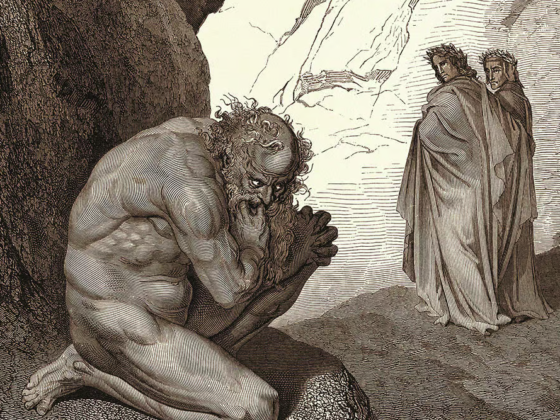George Washington’s Dental Woes: The Unsettling Truth Behind His Infamous Dentures
From the hallowed halls of the presidency to the battlefields of the American Revolution, George Washington’s legacy as the nation’s founding father is etched into the very fabric of history. Yet, behind the iconic image of strength and leadership, a lesser-known struggle plagued Washington throughout his life – a battle against deteriorating dental health that would ultimately shape the very appearance we associate with the first president.
Washington’s dental troubles began early, with the first tooth extraction occurring when he was just 24 years old. By the time he took his oath of office in 1789, a mere solitary natural tooth remained in his mouth, a stark reminder of the primitive state of dental care in the 18th century.
To combat this affliction, Washington relied on a succession of dentures – some crafted from the very materials that defined the era’s technological limitations. Ivory from walruses, hippopotamuses, and even elephants was repurposed into artificial teeth, while the teeth of horses and cows were also enlisted to fill the gaps in Washington’s mouth.
However, perhaps the most unsettling aspect of Washington’s quest for a functional set of dentures lies in the potential use of teeth sourced from the enslaved individuals who toiled on his Mount Vernon plantation.
In 1784, records indicate that Washington paid the sum of 122 shillings to his enslaved workers in exchange for nine teeth. While the exact purpose of this transaction remains shrouded in historical ambiguity, the implications are deeply troubling – that the father of a nation built on the ideals of liberty and equality may have relied on the exploitation of his own enslaved people to address his personal dental needs.
Dr. Burt Leavelle, a retired orthodontist and historian, has delved deep into this unsettling chapter of Washington’s life. “The very idea of having a person’s teeth pulled so they could be sold and used for dentures is an affront to human dignity,” Leavelle states solemnly. “It’s a horrific concept, but it was very much a reality in the 18th century.”
While the specifics of Washington’s involvement in this practice remain unclear, the broader context paints a grim picture of the dehumanizing realities faced by enslaved individuals during that era. Leavelle notes that the extraction of teeth from enslaved people was a common occurrence, driven by a burgeoning demand for dentures among the wealthy and powerful.
“Enslaved people were seen as a commodity, and their teeth were just another resource to be exploited,” Leavelle explains. “It was a brutal and inhumane practice, but one that was sadly accepted as a part of the larger system of slavery.”
Beyond the physical trauma of having teeth forcibly extracted, the psychological toll of such a violation is almost unimaginable. To have one’s very body commodified and exploited in service of the elite was a cruel reality that countless enslaved individuals endured.
As we grapple with this unsettling chapter in Washington’s life, it is important to recognize the complexities and contradictions that often define historical figures. While his leadership and vision were instrumental in shaping the nation we know today, the fact remains that Washington was a product of his time – a time when the institution of slavery was deeply entrenched and the dehumanization of enslaved people was a harsh reality.
Perhaps it is in confronting these uncomfortable truths that we can truly appreciate the progress that has been made in the centuries since Washington’s presidency. The very notion of forcibly extracting teeth from individuals for the sake of dentures is now rightfully regarded as a horrific violation of human rights.










